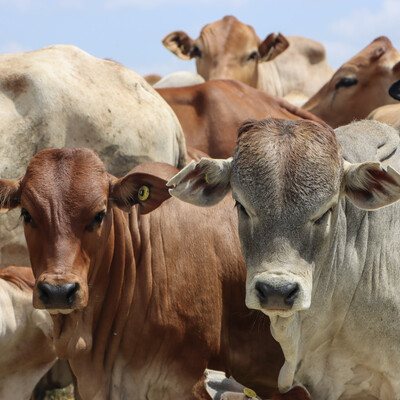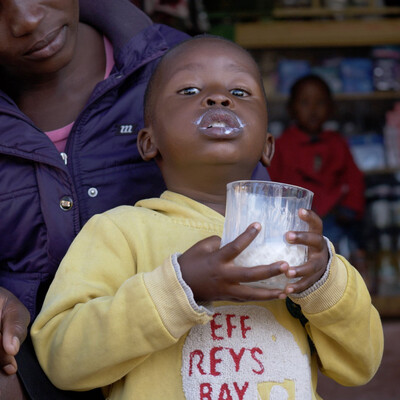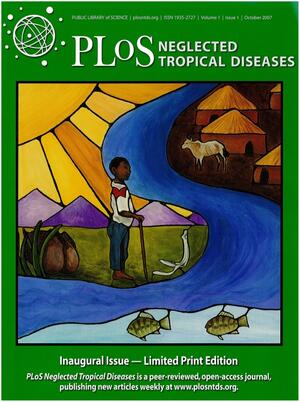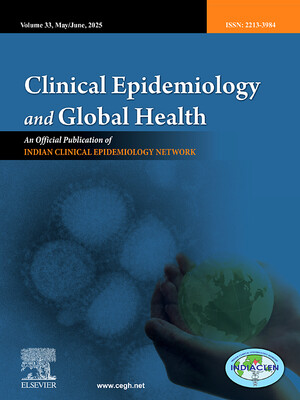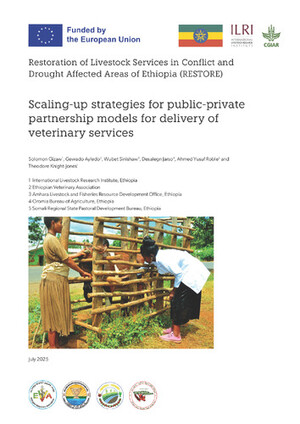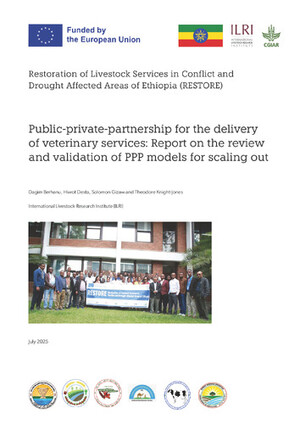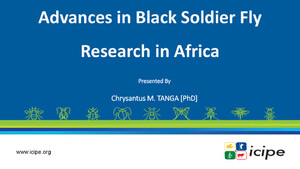
Feed the Future Animal Health Innovation Lab
The goal of the project is to enhance livestock health and productivity, household incomes, food security and human nutrition through East Coast fever control in Kenya.
The Feed the Future Animal Health Innovation Lab will develop local capacity in Kenya to carry out laboratory-based animal health research to improve East Coast fever vaccines and diagnostics and conduct social and economic evaluations of the effects of animal health interventions on human nutrition and wellbeing.
The project also leverages on the Transformation of Animal Health Services and Solutions in Low- and middle-income countries (TAHSSL) platform, an existing partnership of the International Livestock Research Institute, ClinGlobal and GALVmed, to conduct research and clinical studies to meet private-sector standards to facilitate product and market development.
Objectives
- Improve the infection-and-treatment method of East Coast fever vaccination
- Improve East Coast fever diagnostic tools
- Improve the sub-unit vaccines, anti-sporozoite antibody-mediated vaccine solutions
- Integrate economics, gender and youth to quantify direct and indirect effects of East Coast fever vaccine innovations and interventions on human nutrition and wellbeing
- Assess maternal and child nutritional status in livestock-keeping households
- Build human and institutional capacity for animal health research
Expected outcomes
- Improved East Coast fever vaccines and diagnostics that are available, accessible and routinely used
- Internationally competitive research hub for animal health with extramural funding
- High-quality policy evidence to improve animal health and production
- High-quality scientific research produced by the PhD research fellows
- Animal health research support structures and laboratory infrastructure
- Integration of ethics, biosafety, biocontainment, Good Clinical Practices, Good Manufacturing Practices and gender modules into routine research training
- Enhanced engagement between participating animal health researchers and policymakers







